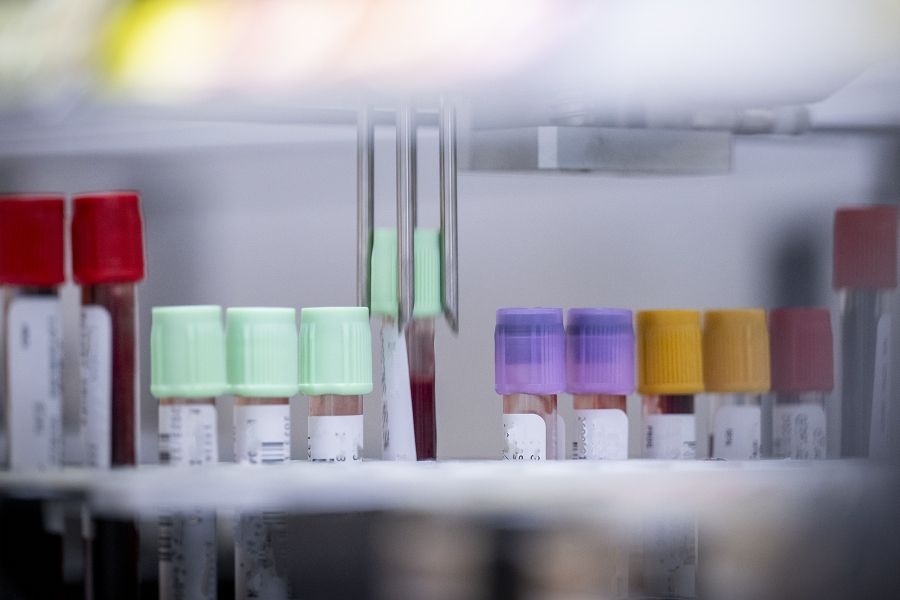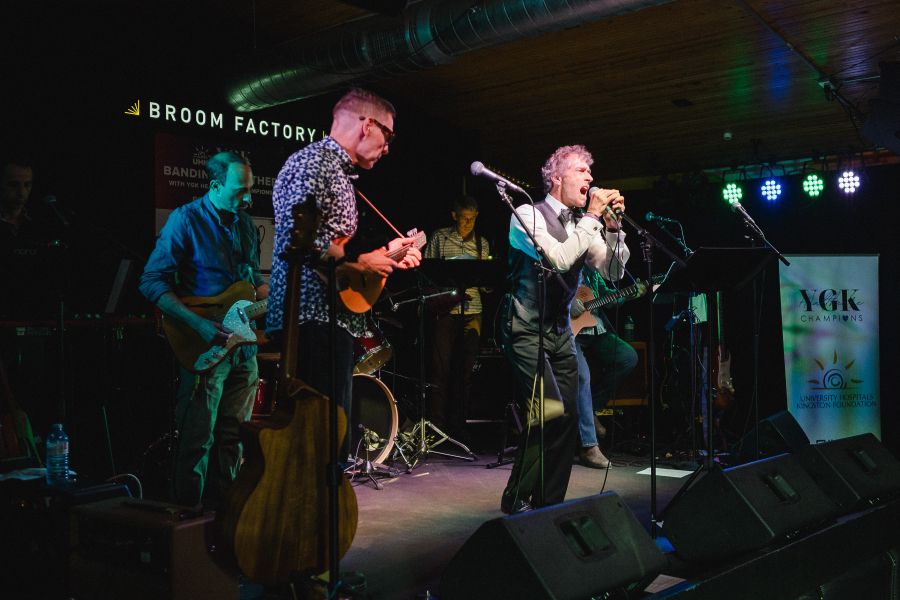Kingston Health Sciences Centre (KHSC) has implemented the next phase of its COVID-19 staged de-escalation plan.
Universal masking is no longer be mandatory in the Emergency Department (ED), Children’s Outpatient Clinic (COPC) or the Urgent Care Centre (UCC) for staff, patients or visitors. In place of universal masking, staff will conduct a point of care risk assessment prior to interacting with patients to determine if and what personal protective equipment (PPE) is required.
“The ED, UCC and COPC have seen very low numbers of active COVID-19 cases over the last six weeks,” says Dr. Gerald Evans, Medical Director, Infection Prevention and Control at KHSC. “We will continue to actively screen patients for acute respiratory illness and implement use of PPE when individuals with respiratory infections are identified. This has helped to keep patients and staff safe during this ongoing transition phase of the COVID-19 pandemic.”
Masks remain mandatory for patients who have respiratory symptoms and routine masking remains strongly recommended in areas that provide care to patients who are at higher risk for more serious outcomes from COVID-19 infection and in areas where acutely ill patients who may be infectious arrive to be assessed including:
- At the triage desks in the ED, UCC and COPC
- Inpatient Oncology
- Neonatal Intensive Care Unit
- Dialysis clinics
- Oncology clinics
“At present, we continue to see unprecedented low levels of COVID-19 infection in our community as measured by wastewater monitoring, community outbreaks, and test positivity,” said Dr. Evans. “This is due to a number of factors including high levels of hybrid immunity from vaccination plus prior infection within the general population, and the predicted seasonality of respiratory Coronaviruses similar to SARS-CoV-2.
“KHSC will continue to support all individuals in their decision to wear a mask if they choose, and staff will be expected to automatically don a mask when caring for patients who wear one. In turn, healthcare workers may also ask a patient to wear a mask as part of their risk assessment process.”
What will not change
- All individuals will be supported in their decision to wear a mask.
- Everyone will continue to have access to masks upon entry, as well as in all clinical areas.
- Staff will be expected to don a mask when caring for patients who are wearing a mask.
- Healthcare workers may ask a patient to mask as part of their point of care risk assessment.
- Masks remain required for patients entering our hospital sites with respiratory symptoms.
- Caregivers or visitors with infectious symptoms must postpone their visit until their symptoms have improved. If it is necessary for the caregiver to be present, then the caregiver is required to mask during their time inside the hospital.
- Staff, caregivers and visitors will continue to have access to all personal protective equipment where required.
Please note that KHSC’s infectious disease experts will continue to monitor key COVID-19 indicators in our region and may also choose to re-instate COVID measures, such as mandatory masking, in the future if required.



